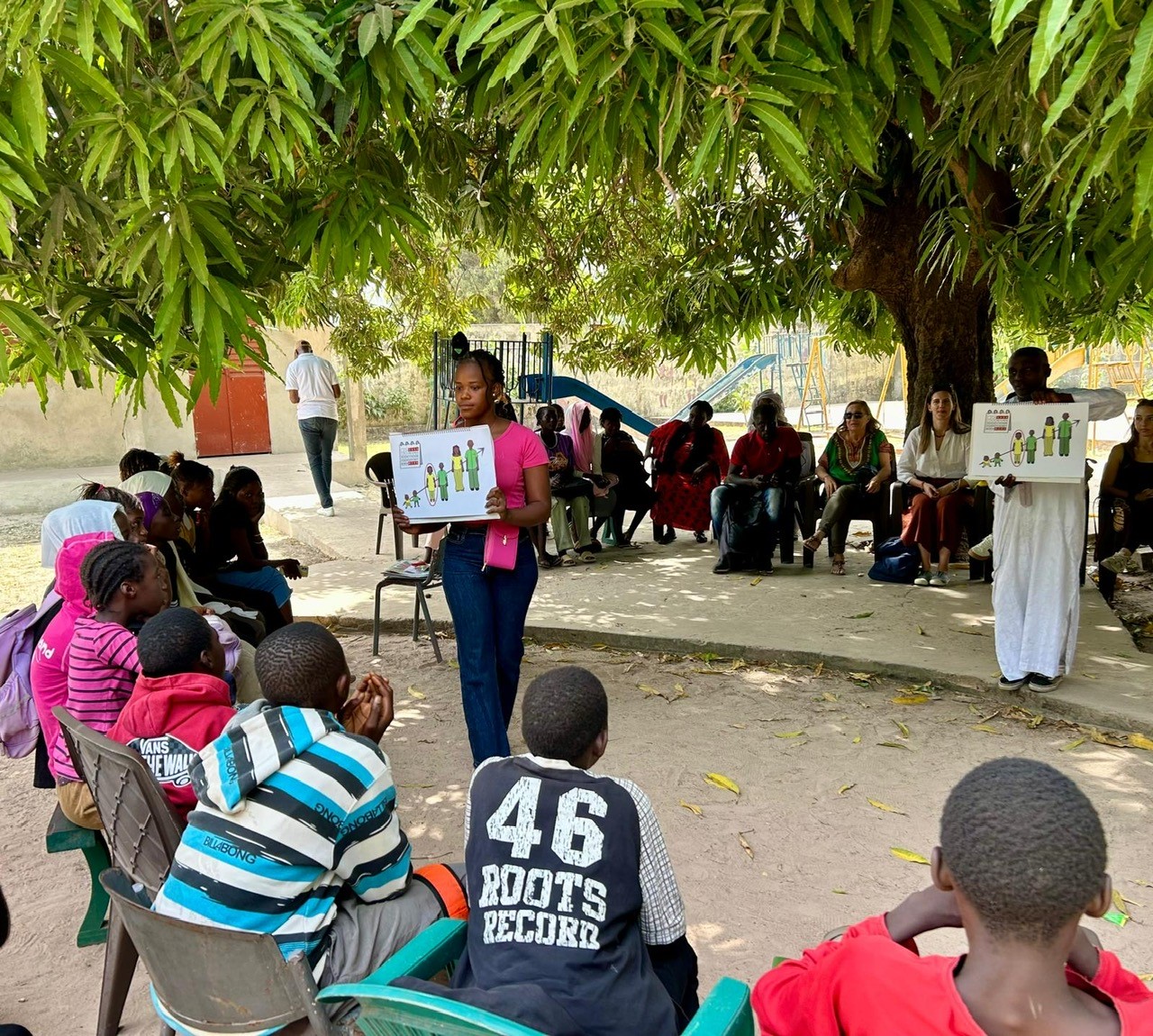Did you know that 17% of the population of Senegal do not have a birth certificate? This percentage rises to almost 27% in rural areas according to the country's National Statistics and Demography Agency (Ministry of Economy, Finance and Planning, 2015). Many families never register their children due to ignorance or lack of administrative facilities.
The students that do not have an identity card (not existing in the country's civil registry) are not able to take the exam that would give them access to secondary education. This is one of the main causes of school dropout in Senegal.
Although the country has made great efforts in order to promote free primary education, it often finds itself without sufficient resources to meet the needs of all students. Many boys and girls finish primary education and do not reach a minimum level of education because they are not able to read and write properly, which makes them unable to fulfill themselves as individuals, contribute to their community and progress. That is why, in this case, having the option to continue studying is more necessary than ever.
In Senegal, the problem of school dropout is even more serious in the case of girls: many girls do not access secondary education, or drop out early, for reasons such as teenage pregnancy (19% of Senegalese women are mothers before the age of 19), the unequal distribution of domestic responsibilities, the preference given by fathers to the education of their sons or early marriage.
The project: 'The right to exist, the right to study'
That is why, from DOMINION we began to collaborate with the Xaley Foundation and Très' Or in the project 'The right to exist, the right to study' with the aim of fighting the main causes of school dropout of boys and girls in Senegal to guarantee greater opportunities.
The project started in the small village of Baba Garage. Currently the team involved has already begun the procedures to register more than 500 children so that they can continue with their studies.
In addition to helping children who were already attending primary education, the project aims to help those who have been left out of the system with reinforcement classes and preparation to get back to school. Children with the greatest problems in class are also helped with support and reinforcement classes that prevent them from dropping out of their studies.
Special attention is also being paid to girls by giving talks on sex education and community leaders are being sensitized to contribute to the civil registration of newborns.
This work with those responsible for the community is especially necessary to guarantee the improvement of the conditions of the children in the long term. In the following video you can see the main advances:












